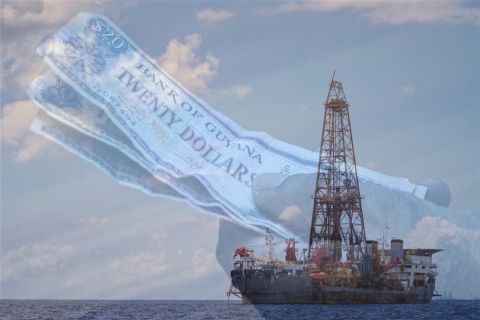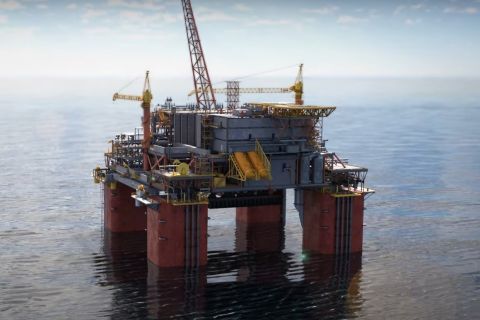Gentari, the clean energy arm of Malaysia's state oil firm Petronas, sees India and Australia as its key markets for growth and expects to tap more financing to meet its ambitious targets, its CEO told Reuters.
Petronas launched Gentari as a separate entity in June, aiming to build renewable energy capacity of 30-40 gigawatts and produce up to 1.2 million tonnes per year of hydrogen by 2030 in Asia Pacific.
It also plans to establish 25,000 public charging points for electric vehicles.
In an interview on Wednesday, CEO Sushil Purohit said India and Australia will be primary markets for growth in the near term in all fields of operation.
Both countries have provided the right policies to facilitate projects, while Malaysia also has a lot of potential, he said, adding growth could come from acquisitions and organically.
"In terms of expansion, we will seek to collaborate with companies in different markets. If there is a good strategic fit for us, we would look at that as an opportunity for us to buy into the company or acquire the company in totality," Purohit said.
Petronas, like other oil majors, is ramping up investments in clean energy as part of its net zero carbon emissions goals.
The state-owned company has said it would allocate 20% of its overall capital expenditure for decarbonization projects and cleaner energy solutions from 2023 to 2026.
Petronas planned capital expenditure of 60 billion ringgit last year.
Gentari's home base of Malaysia still require polices and incentives that encourage private investments in the sectors, Purohit said, adding that the firm intends to invest strongly in the Southeast Asian nation.
Last month, Gentari purchased Australian renewables firm Wirsol Energy, which has solar and battery energy storage systems. Gentari declined to disclose the price of the purchase, but one source put the enterprise value of the deal at A$1 billion.
In 2019, before Gentari's formation, Petronas acquired Singapore-based solar energy company Amplus Energy Solutions which has projects in India, the Middle East and Southeast Asia.
Purohit said Gentari will seek out new investors for particular projects or countries to support its rapid growth plans.
"The capital requirement would be quite large. And that's the reason we need to go out and get also funds from outside," he said, without specifying an amount or time frame.
Recommended Reading
Exxon Versus Chevron: The Fight for Hess’ 30% Guyana Interest
2024-03-04 - Chevron's plan to buy Hess Corp. and assume a 30% foothold in Guyana has been complicated by Exxon Mobil and CNOOC's claims that they have the right of first refusal for the interest.
NAPE: Chevron’s Chris Powers Talks Traditional Oil, Gas Role in CCUS
2024-02-12 - Policy, innovation and partnership are among the areas needed to help grow the emerging CCUS sector, a Chevron executive said.
US Raises Crude Production Growth Forecast for 2024
2024-03-12 - U.S. crude oil production will rise by 260,000 bbl/d to 13.19 MMbbl/d this year, the EIA said in its Short-Term Energy Outlook.
Deepwater Roundup 2024: Offshore Australasia, Surrounding Areas
2024-04-09 - Projects in Australia and Asia are progressing in part two of Hart Energy's 2024 Deepwater Roundup. Deepwater projects in Vietnam and Australia look to yield high reserves, while a project offshore Malaysia looks to will be developed by an solar panel powered FPSO.
Iraq to Seek Bids for Oil, Gas Contracts April 27
2024-04-18 - Iraq will auction 30 new oil and gas projects in two licensing rounds distributed across the country.



